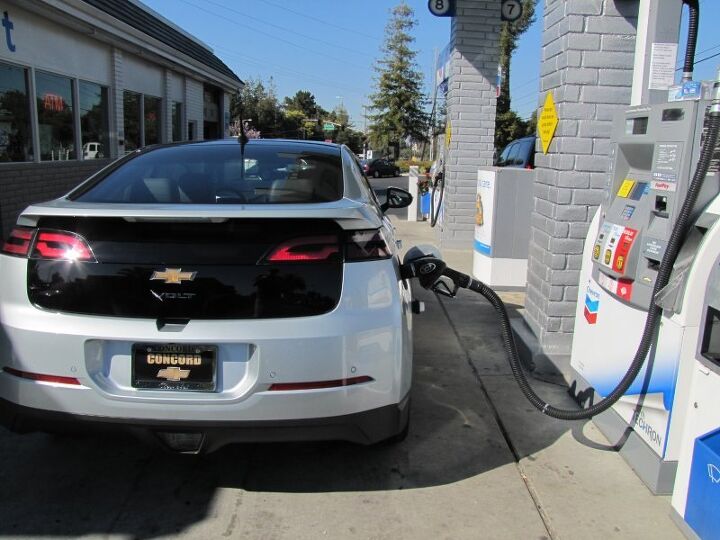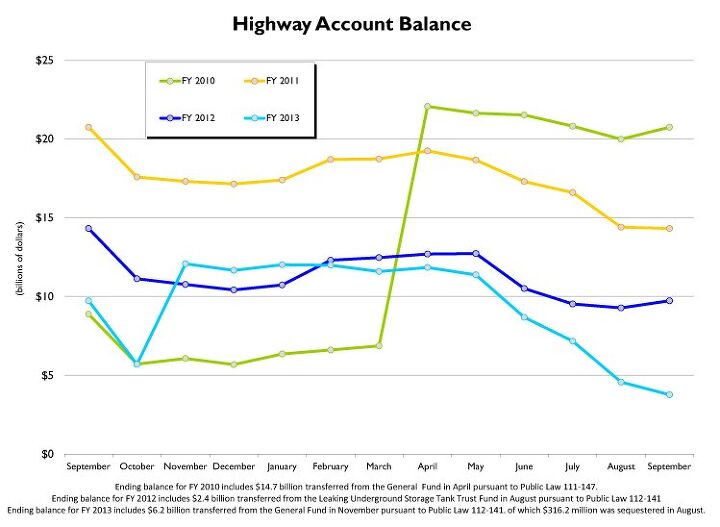#GasolineTaxes
French Motorists Spark 'Yellow Vest' Protests and Riots Over Fuel Taxes and Regulations (UPDATE: New Green Taxes to Be Suspended)
Despite everything you’ve heard about road rage, motorists tend to be pretty meek — at least when it comes to government regulations, and particularly in Europe. They passively accept, and pay for, mandated safety and emissions regulations as well as for taxes on the fuel for their vehicles. Perhaps, though, they aren’t as passive as we think. For the past three weeks, France has erupted in massive protests and riots that are being called the Gilet Jaunes protests, demonstrations that are spreading to Belgium and the Netherlands, and those protests were spearheaded by motorists.
Gilet Jaunes is French for “yellow vests,” which many of the protesters are wearing as a statement against intrusive, expensive, and sometimes petty government regulations and taxes. (For the past decade, French motorists have been required by law to carry bright yellow/green safety vests in their vehicles and wear them in the case of a breakdown.)
Federal, State Governments Face Budget Shortfalls Amid Increased Fuel Efficiency
As the funding aquifers for road maintenance continues to fall before the efficiency-fueled gas tax drought, federal and state governments are left to ponder how best to make up for the shortfall.
House Democrat Introduces Bill to Raise Federal Gasoline Tax by 15 Cents Per Gallon
Federal taxes on highway fuels haven’t been raised in 20 years. Because of inflation and better fuel economy, the Highway Trust Fund, into which those taxes flow and out of which transportation funding is dispersed, faces a shortfall. Standing next to labor, construction and business leaders, Rep. Earl Blumenauer (D-Ore.) announced that he has introduced legislation that would raise the federal tax on gas to 33.4 cents per gallon and on diesel to 42.8 cents.
“Every credible independent report indicates that we are not meeting the demands of our stressed and decaying infrastructure system — roads, bridges and transit,” Blumenauer said. “Congress hasn’t dealt seriously with the funding issue for 20 years,” the congressman continued. “With inflation and increased fuel efficiency, especially for some types of vehicles, there is no longer a good relationship between what road users pay and how much they benefit. The average motorist is paying about half as much per mile as they did in 1993.”


















Recent Comments